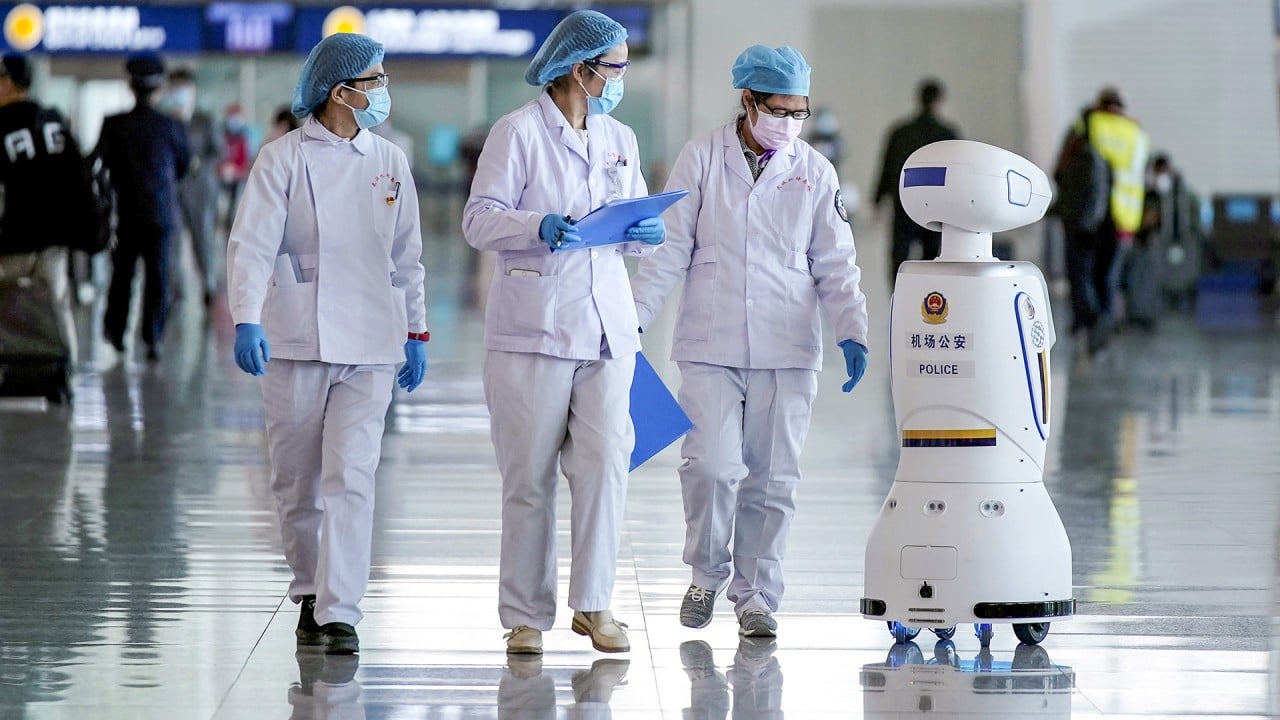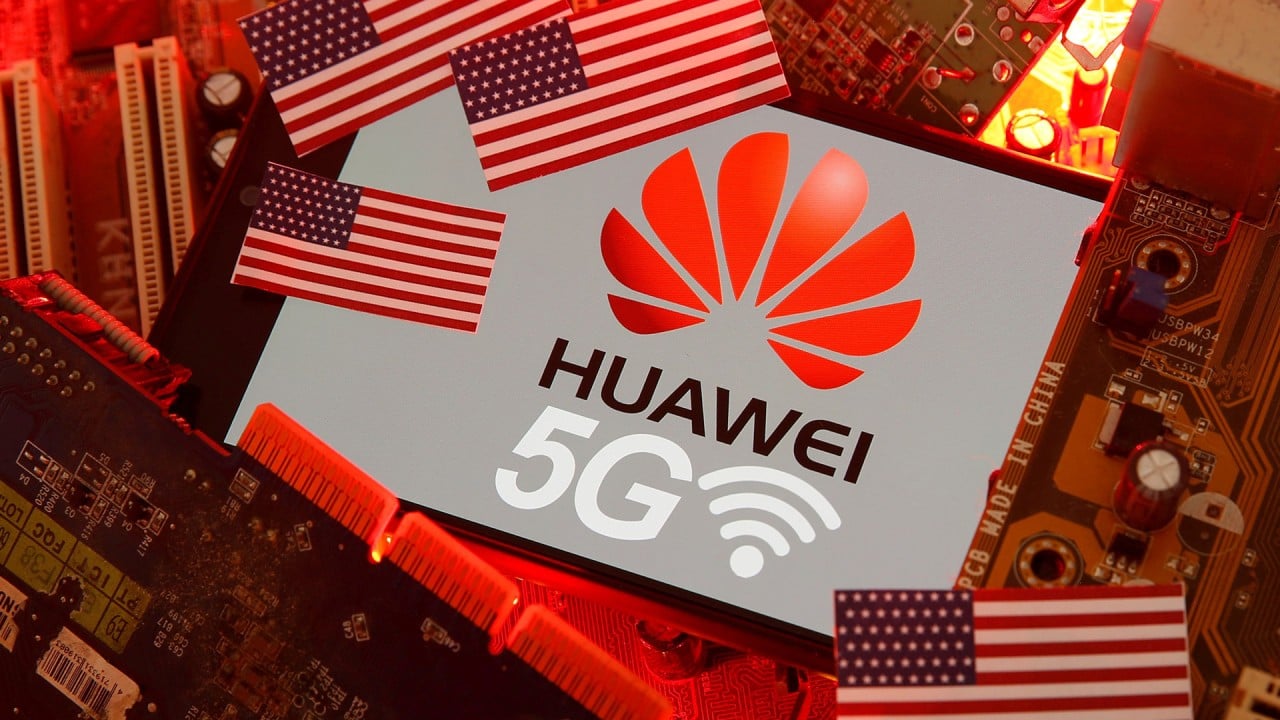
Chinese officials bemoan ‘significant catch-up’ needed with US on chipmaking, as industrial decoupling looms
- China must become more technologically independent in the face of US decoupling, a Beijing symposium hears
- US restrictions on the flow of American technology to China has exposed weak links in the economy, former industry minister Li Yizhong says
The world’s second largest economy must reduce gaps in the supply of key technologies and components, and consider replacing imports with indigenous development to offset US restrictions, said former industry minister Li Yizhong at a closed-door symposium on Tuesday hosted by the Outlook Institution, a think tank affiliated with the official Xinhua News Agency.
The government should rally all the nation’s resources – the “whole nation” concept – to fill a void in its technological capabilities, said Li, according to comments published on the group’s social media platform on Thursday.
“It’s fair to say that China’s integrated circuit industry still has significant catch-up to do with the United States and other developed countries,” he said.

03:07
China’s hi-tech industries capitalise on Covid-19 pandemic health care needs
US restrictions on the flow of American technology to China had exposed weak links in the domestic economy, Li said. Ninety per cent of China’s semiconductor manufacturing equipment was imported and the chips it can manufacture are two generations behind leading global producers, such as Taiwan’s TSMC and South Korea’s Samsung, he said.
“Import replacement should be firmly implemented in the chip sector … We should encourage semiconductor firms to increase research and development input, promote the use of home grown chips and force the improvement of chipmaking capability,” Li said.
Last year, the US placed Huawei, Hikvision and other Chinese tech firms on its economic blacklist, barring them from buying components from American companies without a special US government waiver.

05:22
Huawei founder on cybersecurity and maintaining key component supply chains under US sanctions
On June 30, the Federal Communications Commission, a US government regulatory body, formally designated Huawei and ZTE as threats to national security, preventing American firms from tapping an US$8.3 billion government fund to purchase equipment from the companies.
On Tuesday, FBI director Christopher Wray said Beijing regularly used espionage and cyberattacks to gain access to cutting-edge technologies.
“China often steals American intellectual property and then uses it to compete against the very American companies it victimises, in effect, cheating twice,” he said in a speech to the Hudson Institute, a US think tank.
It is expected that with the bilateral technology rivalry turning red-hot, the United States will attempt to build an alliance to isolate China in the information technology sector
At the Outlook Institute symposium, Xiao Yao, a technological strategy specialist at the Development Research Centre of the State Council, warned the US government was trying to isolate China from the rest of the world in information technology.
“It is expected that with the bilateral technology rivalry turning red-hot, the United States will attempt to build an alliance to isolate China in the information technology sector,” he said.
Beijing has already prioritised technological innovation, while a long-term science and technology development plan is in the pipeline.

01:36
Chinese engineers from Huawei, China Mobile build world’s highest 5G base station on Mount Everest
Despite general agreement in Beijing on the need for greater technological self-sufficiency, domestic policymakers remain divided on how to counter the immediate threats while still pursuing cutting-edge technologies over the long run.
He did not specify how China could strike back, but noted that if foreign firms could no longer do business in China, they will lose the hefty profits they earn there.
Wei Shaojun, director of Tsinghua University’s Institute of Microelectronics, said China does not need to replace all imported technology, but rather needs to ensure reliable supplies.
It is impossible to be 100 per cent indigenous. Full replacement is for emergencies, not the major thrust of industrial development
“First of all, we must make clear what we want to replace and what not, and then specify how,” he said at the symposium. “It is impossible to be 100 per cent indigenous. Full replacement is for emergencies, not the major thrust of industrial development.”
In particular, Wei warned that many domestic institutions are cashing in on the government’s new push for technological self-sufficiency by seeking state funding for projects that are unnecessary. “On some lists of technology needs, 90 per cent of the things listed are not actual bottlenecks” to self-sufficiency, he said.
Xiang Songzuo, a professor of finance at the Renmin University, said China needed to review its current research and development mechanism and “think deeply about what fundamental changes we need to make”.

